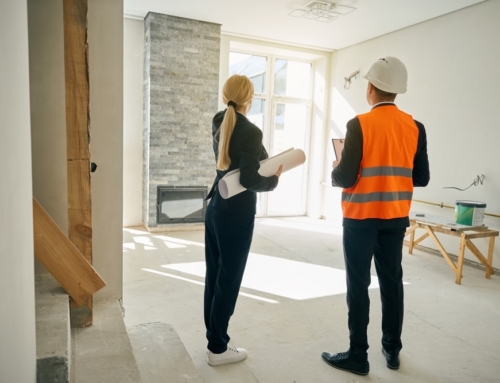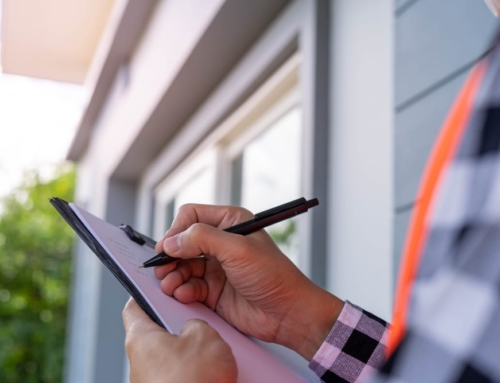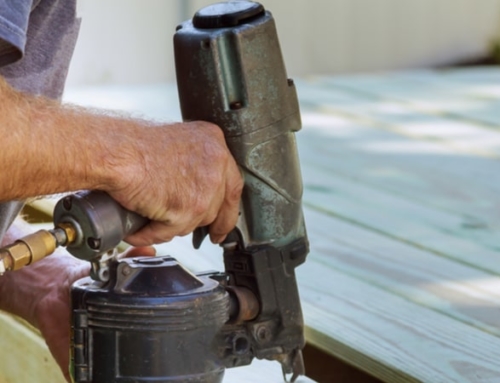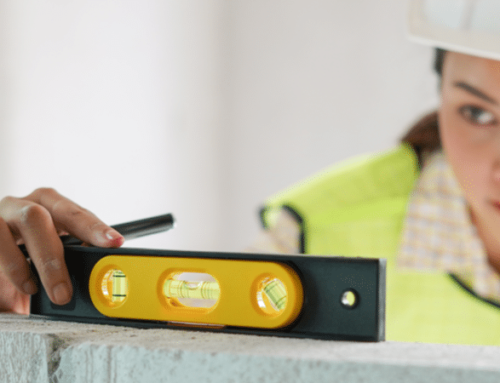When buying a house, investing in a home inspection upfront can save you money later on. The exception to this rule only occurs in rare situations, such as when you’re buying a home from your parents that you have lived in and know intimately. Savvy real estate brokers often advise buyers to pay for a home inspection by a professional home inspector on properties they are seriously considering purchasing.
You may want to hire a professional home inspector or structural engineer to conduct a money-saving home inspection before you buy. If you’re purchasing an older home, a home inspection is almost a must to save money, even if you’re buying the home in "as is" condition.
If you want to save money by not paying for a professional home inspector, you may want to get someone you know who is knowledgeable about construction matters and issues involved in residential properties to look over the house.
A good home inspector (and real estate agent) should point out the age of the home and remind you that you might have to replace the roof or other appliances and mechanical systems within the next few years, according to Chicago home inspector Jamie Dunsing. You are paying the home inspector to find problems with the house to save you money down the road. But hiring an expert doesn’t excuse you from looking at the home carefully before you get to the home inspection stage.
How to Hire a Home Inspector:
-
Remember, the home inspector will charge you between $300 and $700 or more for each home inspection. By keeping a sharp eye out, you may be able save money by spotting some major problems and eliminate a potential property from your list before paying a home inspector.
-
While interviewing the home inspector and to get your money’s worth, make sure he or she will be inspecting the entire house, top to bottom, inside and out. If the home inspector balks at inspecting the basement, crawl space, attic, garage or anything else, find someone else. If the home inspector tells you these places will be inspected and then balks when actually at your home, call his or her supervisor, or consider ending the home inspection at that point. The home inspector clearly isn’t doing his or her job, nor is he or she giving you what you’re paying for.
3.Look out for unscrupulous home inspectors who don’t provide quality home inspection service. Some home inspectors schedule as many as four or five home inspections in a single day. That’s too many home inspections for most home inspectors to do the kind of thorough job you’re paying for. If you get an incomplete home inspection you won’t save money–you may have to spend more to get another home inspection later on.
- Allow between two and three hours for your home inspection. This varies depending on the size and shape of your home. After the home inspection you’ll want your home inspector to sit down and explain to you in detail about the condition of your property. You can then figure out ways to save money on the home repairs or another home inspection.
For more stories on home inspections, real estate and personal finance, visit ThinkGlink.com. Also check out our stories on attic inspections and fireplace inspections. Check out these home inspection videos featuring Chicago home inspector Jamie Dunsing:
Electricial Panel or Circuit Breaker Home Inspection
Home Inspection for Asbestos






Leave A Comment